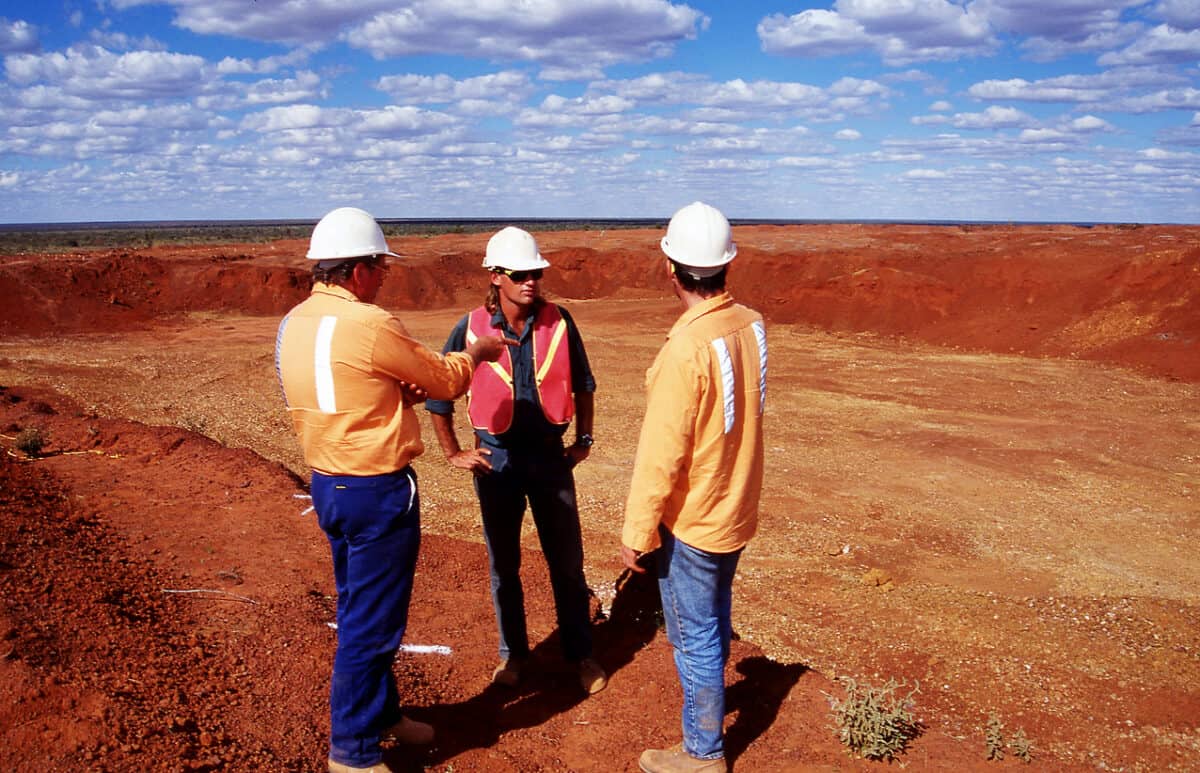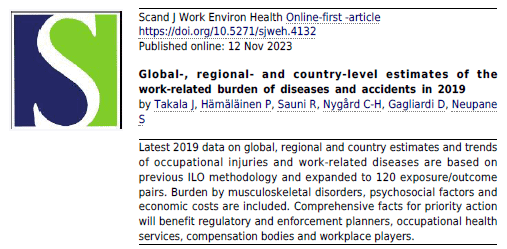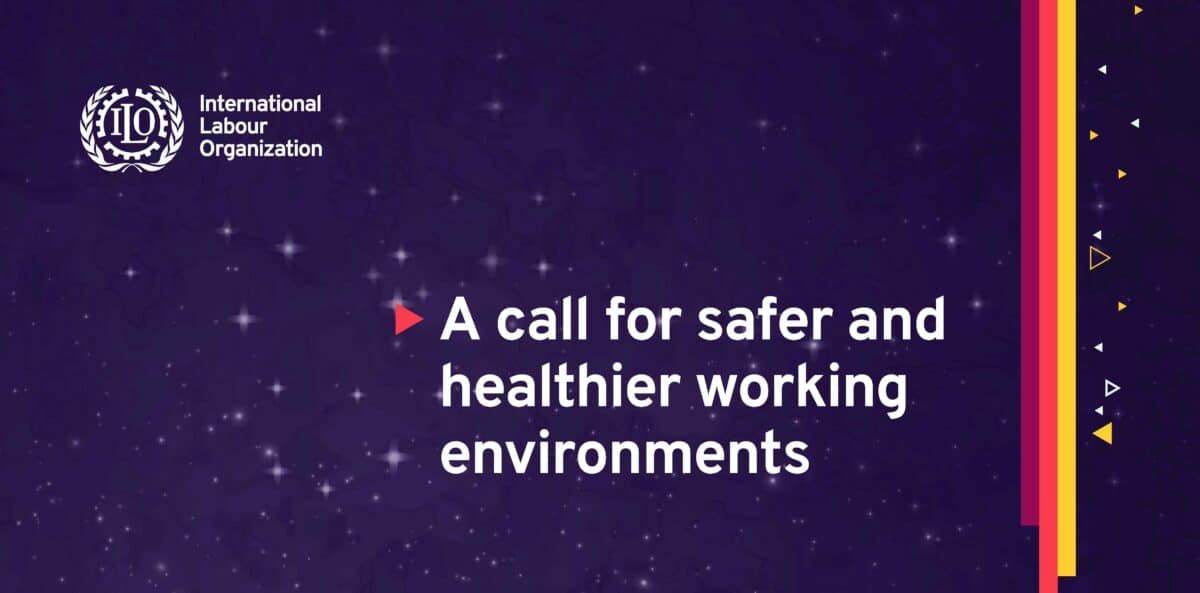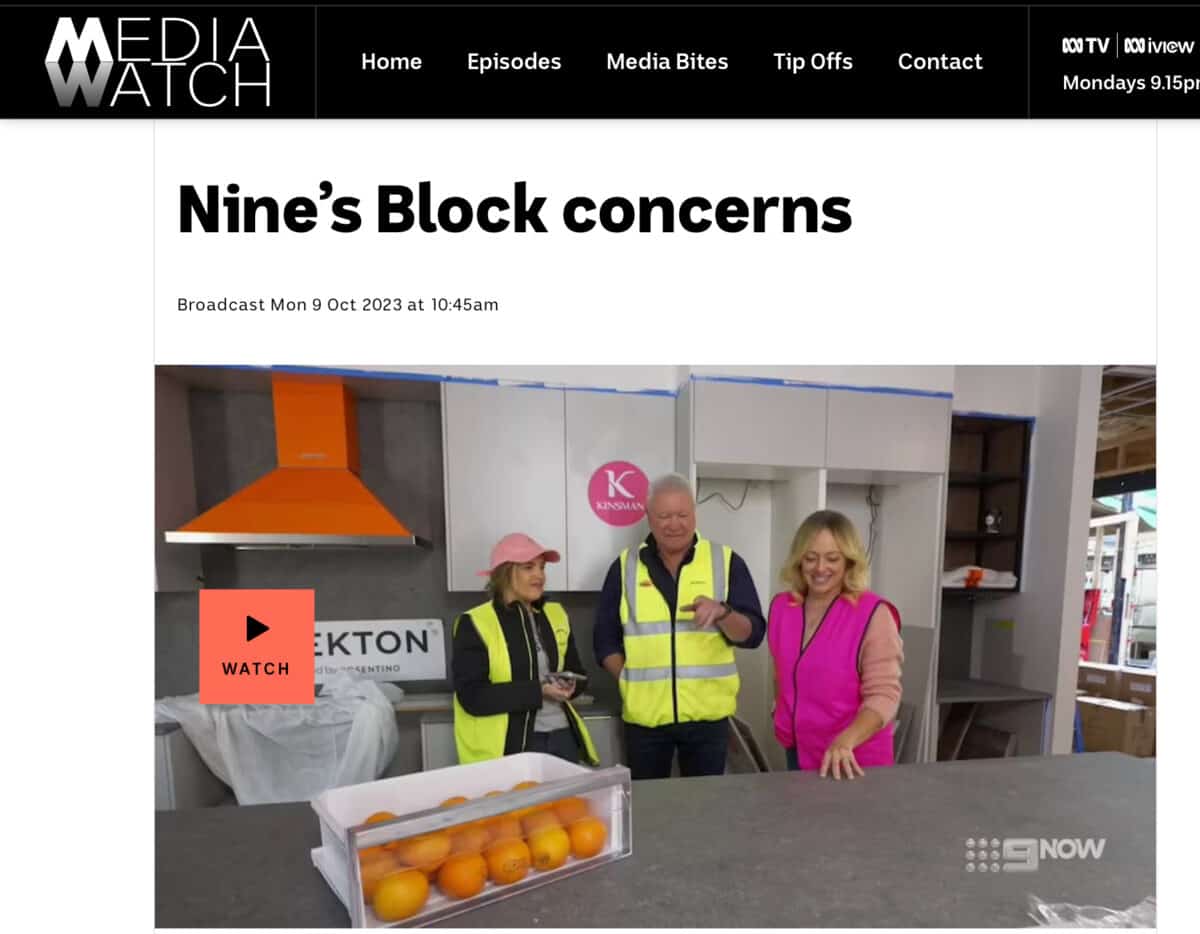One of the most significant takeaways from the 23rd World Congress on Safety and Health at Work is Australia’s relative position of occupational health and safety (OHS) privilege. For instance, in the mining sector, Australian workers are rarely exposed to tuberculosis, HIV, silicosis and chemical exposure to the extent of similar workers in other countries. Instead, Australia has the comparative luxury of focusing on the psychosocial hazards associated with the fly-in, fly-out (FIFO) workforce.
Category: disease
Interview with ILO’s Manal Azzi
Last week, I was able to interview several speakers, sponsors and delegates at the 23rd World Congress on Safety and Health at Work, sometimes on behalf of the Congress and at other times privately. Some of these interviews were edited from forty-five minutes of content to ten. The interview with the Team Lead on Occupational Safety and Health at the International Labour Organization, Manal Azzi, available online, was once such. This SafetyAtWorkBlog article is the full, slightly edited, transcript of that interview.
New international and local workplace data should cause a reassessment of national OHS strategies
Earlier this week, the International Labour Organisation (ILO) released new data showing that in 2019:
“According to the latest estimates developed by the ILO and covering the year 2019, over 395 million workers worldwide sustained a non-fatal work injury.”
More research on global work-related deaths has been released. This time, it was through the Scandinavian Journal of Work, Environment, and Health and with regional data breakdowns. This latest report includes some important statistical data about psychosocial exposures at work.
ILO sets the OHS picture at the 23rd World Congress
This afternoon, the 23rd World Congress on Safety and Health at Work commences in Sydney. Already important information is being released, with the International Labour Organisation (ILO) being first out of the block, setting the broader occupational health and safety (OHS) context.
In a media release dated November 27 2023, the ILO says:
Engineered stone reveals the reality behind OHS decisions
Caesarstone Asia Pacific managing director David Cullen told the Australian Financial Review (AFR – paywalled) on October 27, 2023, that:
“A full ban on the use of engineered stone would double the cost of benchtops..”
So? That seems to be enough of a reason to continue to allow the use of a product that is causing a large number of preventable deaths in Australia and elsewhere??!!
A stronger argument may be that the occupational health and safety (OHS) management of the cutting of engineered stone has failed.
Engineered stone and The Block
One supplier of synthetic stone products to Australia, Cosentino, is in the mainstream media after an appearance on a popular television home renovations show on the Nine Network, The Block. Several occupational health and safety (OHS) professionals and organisations have raised concerns about how the product was discussed and presented on a recent episode. The best coverage of this matter has been by an ABC television program, MediaWatch.
MediaWatch revealed the importance of listening to how dangerous products are described and how the guidance of OHS Regulators can be interpteed or manipulated.
Commitment Interruptus on engineered stone
Trade unionists in the United Kingdom have a similar battle over the safe exposure limits to silica dust that Australia “resolved” a few years ago. It should not be long before the UK pushes for a ban on the import of engineered stone or starts arguing over the safety of the product when silica content is reduced to 40%.
Some recent parliamentary argy-bargy in Australia over the cutting of engineered stone was illustrative of some of the issues and lobbying.





